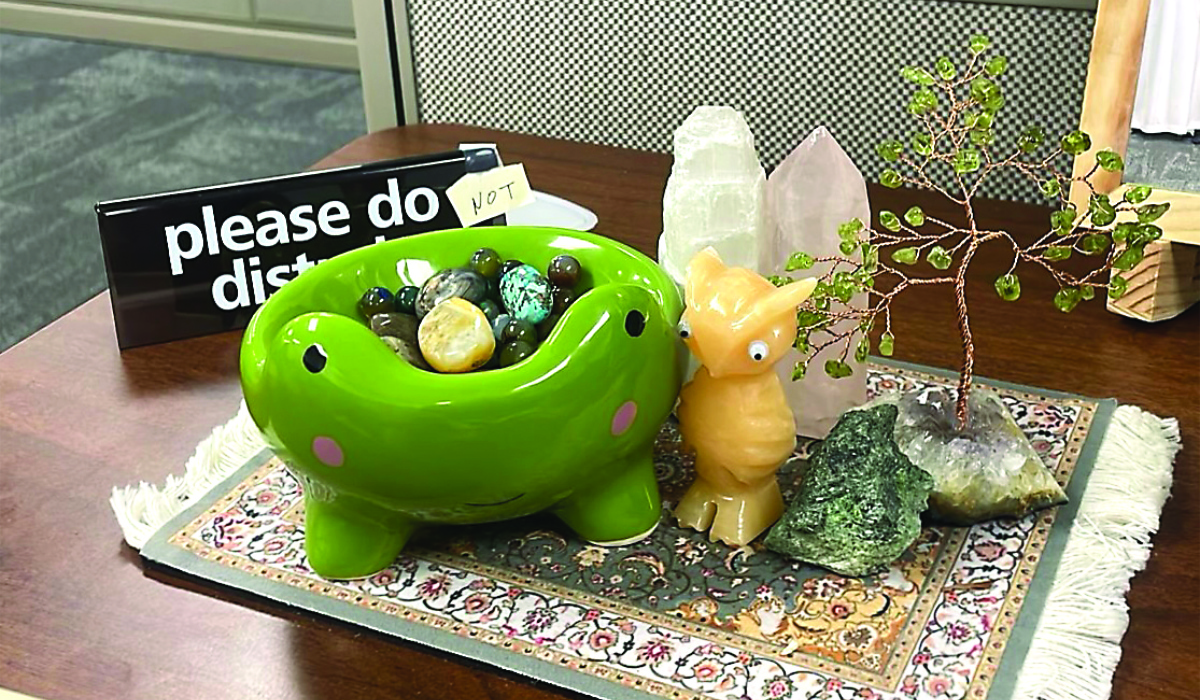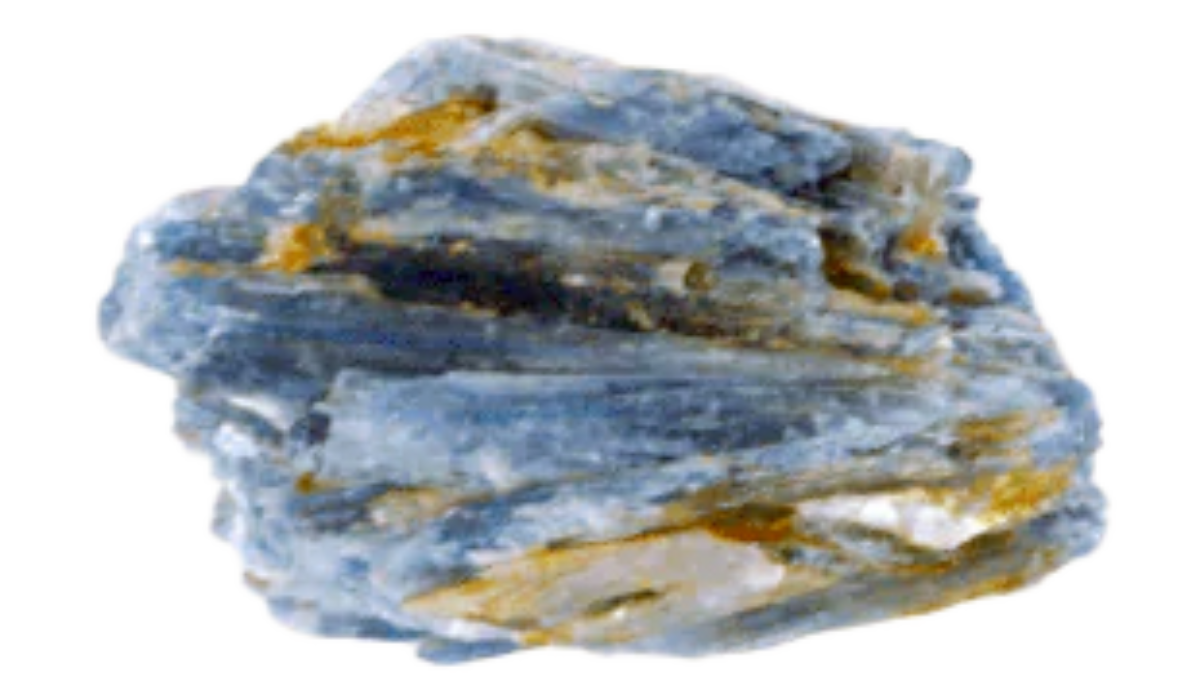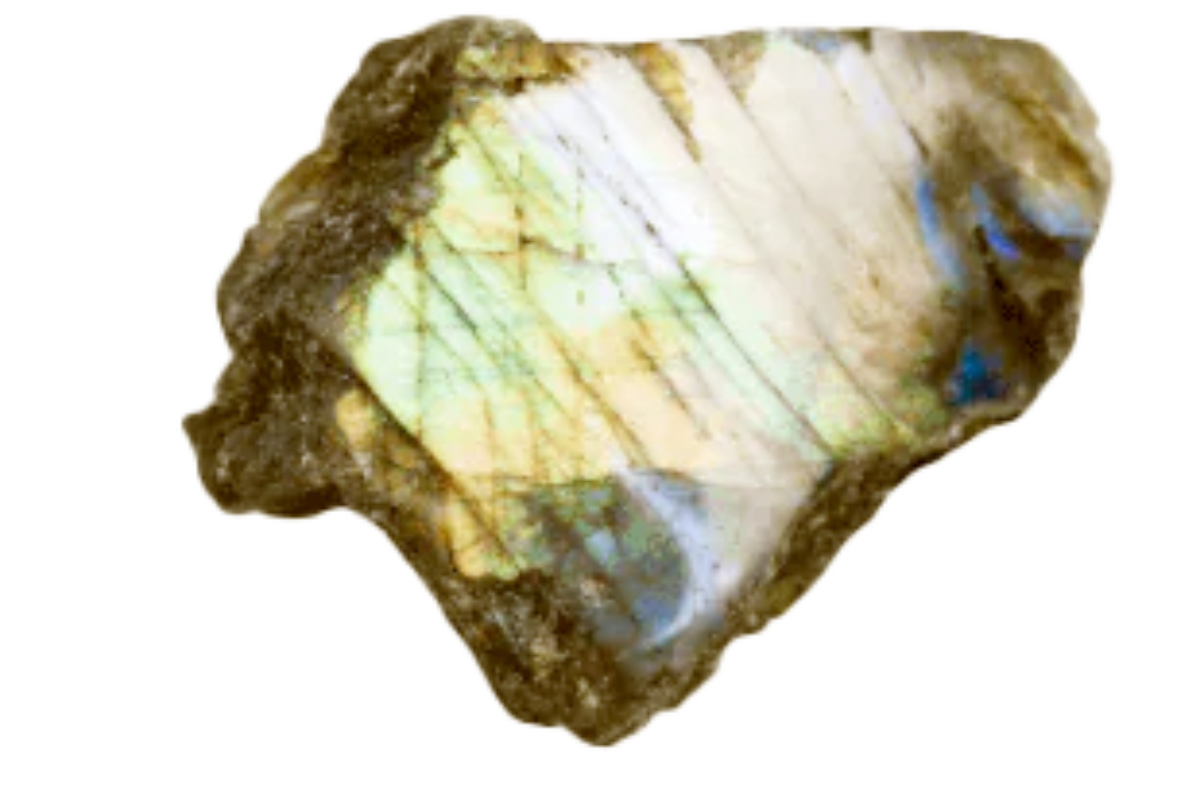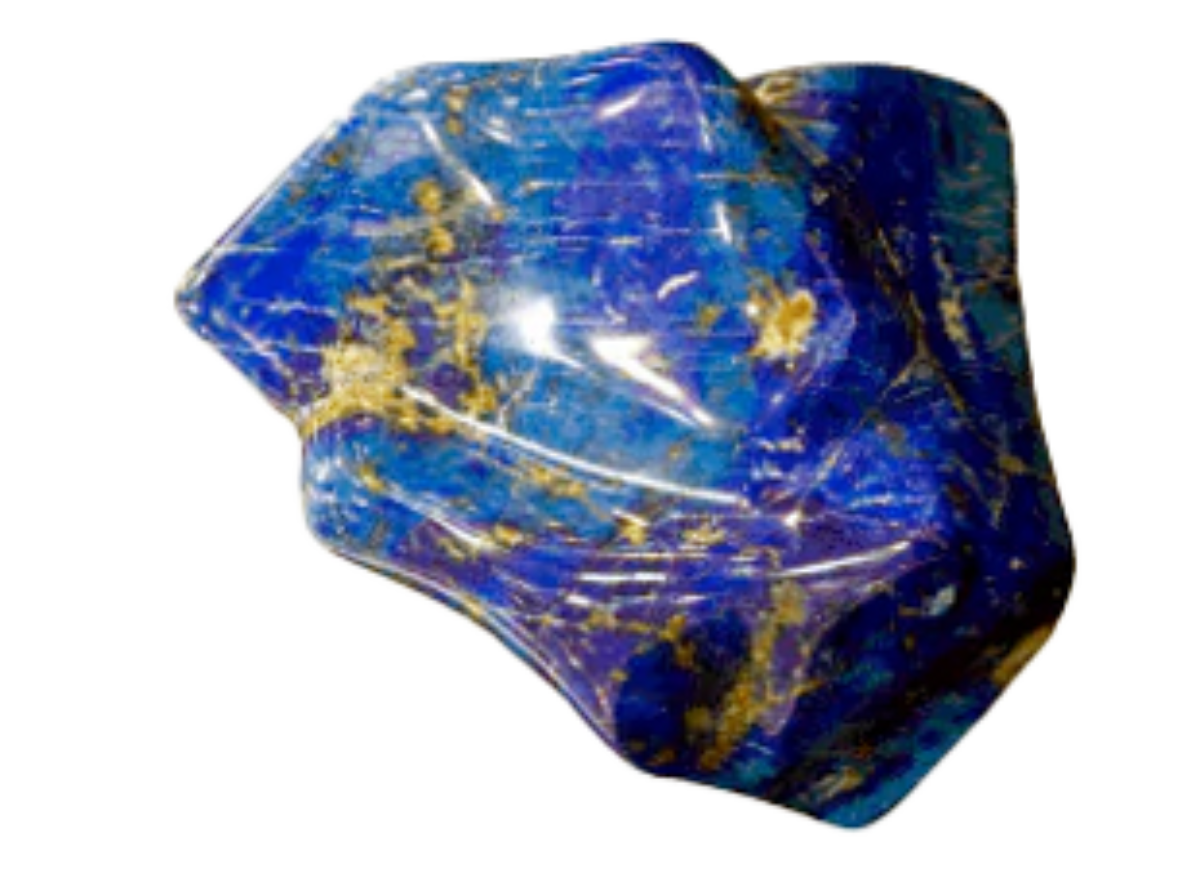RIYADH: In recent years, young Saudis have been increasingly drawn to astrology and crystals.
Arab News spoke to several Saudis who explained how this trend reflects a deeper desire for self-exploration and healing, particularly among the younger generation, who are navigating an era of rapid change and seeking guidance beyond traditional frameworks.
Young Saudis say that astrology — a system linking the position of planets to personality traits — as well as crystals, which some believe aid in personal healing, have provided avenues for them to explore their identities, face their anxieties and find meaning.

Wedad Bughararah says her whimsical workspace decor creates a peaceful and inspiring atmosphere. (Supplied)
Mawadda Al-Surehi, owner of AGAPE & Co., a store in Saudi Arabia, described her journey as a response to a society that she believes often overlooks the well-being of the soul.
“We’re in an era where people are becoming more materialistic, focusing on possessions and forgetting their souls,” she said.
Al-Surehi’s products purportedly support meditation, inner peace and calmness. “Crystals are often underrated and seen only as pretty or aesthetic, but they actually carry a lot of energy and frequency,” she said. “I believe they’re part of our spiritual journey and have been for centuries.”
HIGHLIGHTS
• In a time of rapid change, uncertainty and global challenges, astrology and crystals promise young Saudis a sense of control, comfort and connection.
• Mawadda Al-Surehi predicts that crystals will become a staple in the lives of many Saudis, and are not just a passing trend.
“Crystals work like lemon and honey for the flu,” Al-Surehi said. “They’re for healing the spiritual side of you.”

Kyanite. (Supplied)
She predicted that crystals will become a staple in the lives of many Saudis, and are not just a passing trend.
Salsabil Al-Shajiri spoke about how her initial interest in astrology stemmed from curiosity. “I was interested in learning how these practices had captivated so many people,” she said. While she does not view astrology as an absolute truth, Salsabil appreciates its potential to help people reflect on their characteristics and tendencies, providing insight into relationships and behaviors.
She believes that the popularity of astrology among young Saudis is largely due to a desire for self-exploration. “They seek a way to discover their true selves,” she said, explaining how studying astrology has improved her mental health and perspective on life, helping her progress through personal development with a more positive outlook.
We’re in an era where people are becoming more materialistic, focusing on possessions and forgetting their souls.
Mawadda Al-Surehi, AGAPE & Co. owner
Abeer Ahmed shares a similar sentiment. “At the age of 27, astrology fits naturally and intuitively into my life,” she said. For Ahmed, astrology provides insight into daily life, although she approaches it with a balanced perspective. “I’ve learned through the years to take everything with a grain of salt,” she added, highlighting how she views astrology as a supportive tool rather than a definitive guide.

Labradorite. (Supplied)
Ahmed believes that young Saudis are drawn to astrology because of its fun and mysterious nature. “The idea that we each have a birth chart, unique to us, and can gain insight through studying constellations — that’s so fun,” she said. Younger generations, Abeer said, are more open to exploring unconventional topics. At various points in her life, astrology has provided her with confidence and a sense of direction. However, she cautioned against allowing it to dominate one’s life, highlighting that nothing should replace one’s own inner compass.
For Jomanah Nawaf, an interest in astrology and crystals began in 2018 when she discovered her placement — an aspect of astrology that attributes personality characteristics related to the time of a person’s birth.
Her particular placement of Sagittarius and Jupiter is said to represent a drive for personal freedom, truth and understanding — qualities that Jomanah found “ironically fitting.”

Lapis lazuli. (Supplied)
What started as a casual interest on social media quickly became a daily ritual. “Not a day goes by where I don’t use my astrology knowledge for personal reasons,” Nawaf said, adding that she incorporates astrology into everything from salon appointments to medical decisions.
Nawaf said that social media played a significant role in spreading these practices, especially during the COVID-19 pandemic when people spent more time online. She likens astrology to a personality test that offers labels to help people understand their experiences. “Astrology helps you understand what’s going on in your life and brings some relief,” she said. For Jomanah, astrology provides a sense of clarity and control in an unpredictable world, helping her navigate challenges with a calm perspective.
Wedad Bughararah was initially drawn to crystals because of their beauty, not necessarily because she believed they held energy. “Just having them around brought a sense of calm,” she said. This sense of peace led her to explore spirituality more deeply, discovering a world that felt both comforting and enlightening.
Bughararah commented on the generational draw to age-old practices. “Most of generation Z is struggling with depression because we don’t see a lot of hope for the future,” she said, adding that these practices provide a beacon of hope in an otherwise unpredictable life.
For some, like Al-Surehi, spirituality is a holistic journey that encompasses mind, body and soul. For others, like Ahmed and Nawaf, astrology serves as a tool for navigating life’s complexities.
In a time of rapid change, uncertainty and global challenges, astrology and crystals promise young Saudis a sense of control, comfort and connection. As Al-Surehi, eloquently puts it: “At the end of the day, you’re a soul inside a body.”
For this generation, spirituality presents itself as both a medicine for the soul and a guide to navigating the complexities of modern life.



























